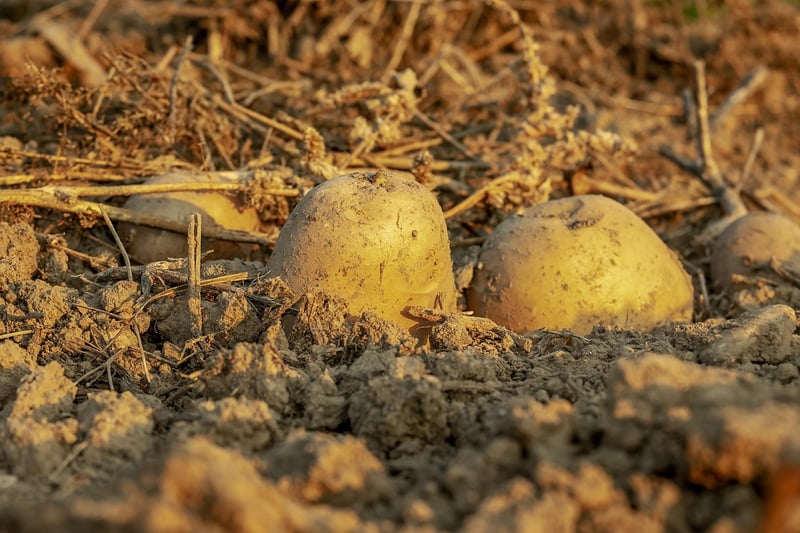Soil Nutrients
Expert Advice for Healthy Plants: Understanding Soil Nutrients
Healthy plants are the foundation of a thriving garden or indoor green space. To ensure your plants grow strong and vibrant, it's essential to understand the role of soil nutrients and how they contribute to plant health. Here's expert advice on optimizing soil nutrients for healthy plants:
1. Know Your Soil
Before you can effectively manage soil nutrients, it's crucial to understand the composition of your soil. Conduct a soil test to determine its pH level and nutrient content. This will help you identify any deficiencies and tailor your fertilization approach accordingly.
2. Essential Soil Nutrients
Plants require various nutrients to thrive, including:
- Nitrogen: Essential for leafy growth and overall plant development.
- Phosphorus: Promotes root development and flower/fruit production.
- Potassium: Aids in overall plant health, stress tolerance, and disease resistance.
- Calcium, Magnesium, and Sulfur: Important secondary nutrients that support various plant functions.
3. Fertilize Wisely
Choose fertilizers that align with your plant's specific nutrient needs. Organic options like compost, manure, and fish emulsion are excellent for improving soil structure and providing slow-release nutrients. Synthetic fertilizers can deliver quick nutrient boosts but should be used sparingly to prevent nutrient imbalances.
4. Maintain Proper pH Levels
Most plants prefer slightly acidic to neutral soil pH levels. Adjust soil pH as needed using amendments like lime or sulfur to ensure optimal nutrient uptake by plants.
5. Monitor Plant Health
Regularly inspect your plants for signs of nutrient deficiencies or excesses. Symptoms like yellowing leaves, stunted growth, or leaf curling can indicate nutrient issues that need to be addressed promptly.
6. Rotate Crops and Mulch
Rotate your crops annually to prevent nutrient depletion in the soil. Additionally, applying mulch around plants helps retain moisture, regulate soil temperature, and gradually enrich the soil as it breaks down.
By following these expert tips on soil nutrients and plant health, you can cultivate a lush and flourishing garden filled with vibrant, thriving plants.

For more information on plant care and gardening tips, visit www.gardeningwebsite.com.
